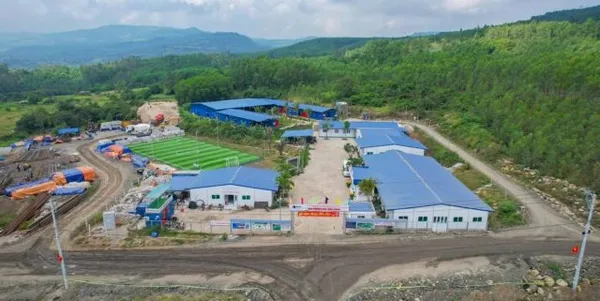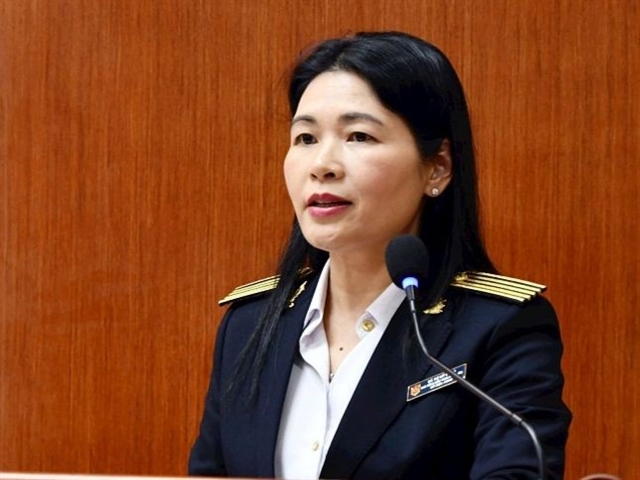 Society
Society

 |
| Deputy Auditor General Hà Thị Mỹ Dung. — Photo courtesy of SAV |
Deputy Auditor General Hà Thị Mỹ Dung spoke to Tiền Phong (Vanguard) newspaper about the bidding violations in construction projects.
The summary report of the State Audit Office of Việt Nam (SAV)'s recent audits in the construction investment sector showed that violations still occur, impacting the effective use of State budget funds. Could you share more details?
Auditing construction investment projects funded by the State budget has been a priority for SAV since its inception. We have issued numerous regulations and guidelines to ensure thorough audits of these projects.
In our annual audit plans, we select several key projects and nationally significant projects, for auditing. During the process of auditing budgets at ministries, localities and enterprises, we also select some projects with medium and small investments to assess how well these entities manage and use their investment capital.
Through these audits, SAV has identified a variety of shortcomings in the management of construction investment projects, from the investment preparation phase, through to the payment and settlement phase.
Common mistakes include approving projects that do not align with the approved planning, do not conform to investment policies, inaccurately determining funding sources, showing discrepancies in investment content or making non-compliant project adjustments. We also found standards and unit prices used wrongly in almost all audited projects, along with non-compliant use of direct contracting.
Over recent years, audit results in the construction investment sector have played a crucial role in preventing and mitigating losses and waste in public investment, thereby enhancing the efficiency of investment capital.
Several construction investment projects that were audited still had violations detected in the bidding activities by the authorities. How can you explain this issue?
Firstly, we need to understand the functions and duties of SAV. SAV's role is to evaluate, verify, conclude and make recommendations regarding the management and use of public finance and assets. Auditing is a specialised activity that differs from inspections, investigations and other forms of oversight.
The main objectives of audits are to verify the accuracy and fairness of financial reports, State budget settlement reports and project completion reports; to assess the compliance, economy, efficiency and effectiveness of the audited activities, programmes and projects.
Given these characteristics, the effectiveness of SAV's activities primarily lies in preventing and detecting violations, recommending measures to increase revenue, reducing State budget expenditures, improving policy mechanisms and rectifying the management and use of public finance and assets. Audits focus on past activities, so auditors do not witness the construction process or the acceptance of input materials firsthand.
Therefore, in cases where violations involve collusion and illegal documentation to approve and settle projects, it is very difficult to detect such issues through auditing alone.
Moreover, with limited time and auditors not being trained in investigative skills, there are certain challenges.
In reality, serious violations in bidding activities involved sophisticated collusion among individuals with authority, responsibility and obligations. The bidding documents were legalised according to regulations, which is beyond the capacity and scope of SAV's auditing methods.
What are the primary solutions to prevent and reduce irregularities and violations in budget-funded investment projects?
SAV is committed to continually updating and refining the legal framework governing audit activities to better reflect real-world situations. We will intensify audits of nationally significant construction projects and oversee the implementation of specialised mechanisms. Our involvement ranges from reviewing investment decisions to overseeing execution, verification and settlement.
We'll also prioritise training and skill enhancement for our audit personnel, ensuring they possess the expertise necessary for various audit types.
Regarding the restriction of irregularities in bidding, I believe there is a need to strengthen training related to professional skills, improve the evaluation criteria for bidding documents, ensuring the selection of the most suitable unit. — VNS




